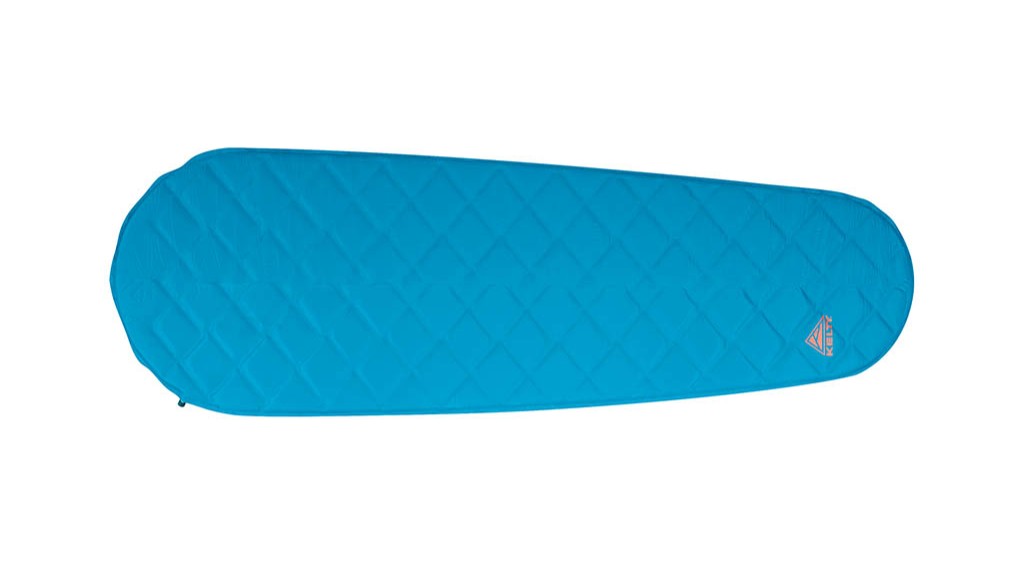Advnture Verdict
If you’re after a robust, do-it-all sleeping mat for everything from festivals to family camping, this is a solid choice.
Pros
- +
Warm
- +
Relatively lightweight
- +
Generous dimensions
- +
Good value
Cons
- -
Not as comfortable as an air mat
- -
Comparatively bulky pack size
You can trust Advnture
First impressions
The Kelty Cosmic SI Mummy sleeping pad looks a little bulky when compared to an ultralight air mat. But alongside other self-inflating mats, it’s pretty competitive, and at a push it will still fit nicely in the bottom of a trekking pack.
As such, it’s a mat that will work fine for weekend camping trips and the odd backpacking adventure. However, we suspect that the Cosmic SI will see most action on family holidays and at festivals, and that’s where it really excels thanks to its solid build quality.
- Stay warm while you're camping with the best sleeping bags
- Want other options for a good night's sleep? Check out the best sleeping pads here
- Learn how to choose a sleeping pad
Unrolled, it’s generously proportioned in terms of both length and width, and the relaxed contouring will suit those who find highly tapered mats a bit too restrictive. When fully inflated, it’s 2.5cm-thick, with a foam core that takes care of most lumps and bumps.
• RRP: $60 (US)/£55 (UK)
• Style: Self-inflating mat
• Weight: 560g/1lb 3.75oz
• Variants: One size
• Dimensions: 198 x 60cm/78 x 23.6in
• Thickness: 2.5cm/1in
• Pack size: 30.5 x 20.5cm/12 x 8in
• R-value: 4
• Compatibility: 3-season
In the field
The brass valve proved easy to operate and didn’t leak air or come unscrewed at 2am – the acid test for all camping mats.
We liked its robust design too: we felt like even if it were accidentally stepped on it wouldn’t break, unlike some plastic valves. In our experience, brass also provides superb cold weather performance (it doesn’t shrink, swell or become brittle) and has good anti-corrosion properties too, so there’s a technical element to the material choice as well as a practical one.
The mat’s self-inflating design means it is quick to set up, requiring only a few top-up puffs. Deflation is slightly more involved, but hardly an arduous task. The simple but spacious stuff sack makes it easy to pack away.
Overall, we were impressed with the solid construction and materials. And in terms of comfort, it does a decent enough job. At about an inch thick, it’s not as plush as some air mats, and therefore better suits those who tend to sleep on their backs rather than their sides. But it has a competitive R-value, delivering plenty of warmth for three-season adventures.
All the latest inspiration, tips and guides to help you plan your next Advnture!
An outdoors writer and editor, Matt Jones has been testing kit in the field for nearly a decade. Having worked for both the Ramblers and the Scouts, he knows one or two things about walking and camping, and loves all things adventure, particularly long-distance backpacking, wild camping and climbing mountains – especially in Wales. He’s based in Snowdonia and last year thru-hiked the Cambrian Way, which runs for 298 miles from Cardiff to Conwy, with a total ascent of 73,700 feet – that’s nearly 2½ times the height of Everest. Follow Matt on Instagram and Twitter.


